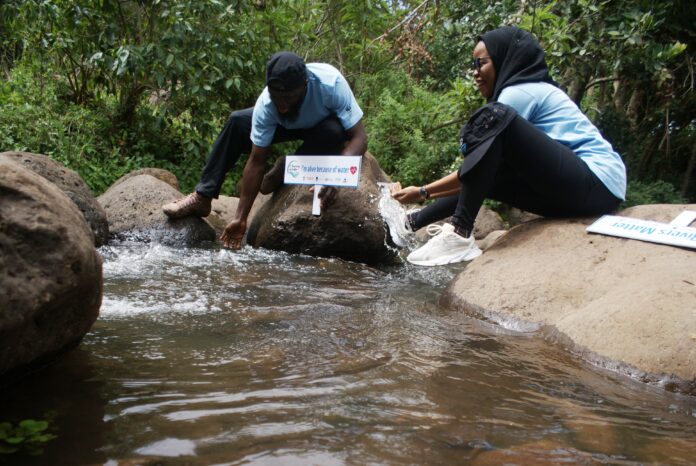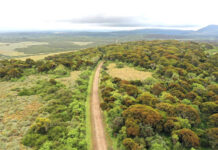By David Njagi
KAMBURU, Kenya: Simon Ngirau, a farmer from Matimbei village in central Kenya, was visibly disturbed during a recent community meeting aimed at addressing problems facing struggling locals like him.
The reason for his edginess is a community-owned water project that he alleged the government took away from farmers in his village and gave to a private company to manage.
For this treachery, hundreds of farmers in his village are paying the price of water with the loss of their rights to it, including taps at homes regularly running dry, even as the water company continues to bill them with inflated water costs.
“I can have water at my home today but tomorrow there will be none. This problem can persist for weeks, and yet we are forced to pay monthly bills whether there is water or not,” said Ngirau.
Ngirau’s situation is one that is troubling millions of Kenyans in villages, urban centers, and even the country’s capital, Nairobi city since the government handed over the management of water systems to private companies about a decade ago.
According to the Biodiversity and Biosafety Association of Kenya (BIBA-Kenya), privatizing water is denying many Kenyans clean and sanitation services, a situation that is escalating conflict among communities, food insecurity, and failing health.
In Ngirau’s case, farmers have been denied the right to grow food using the water managed by a private company, yet the community dam that his village dug was meant to boost food production as failing rains led to declining harvests.
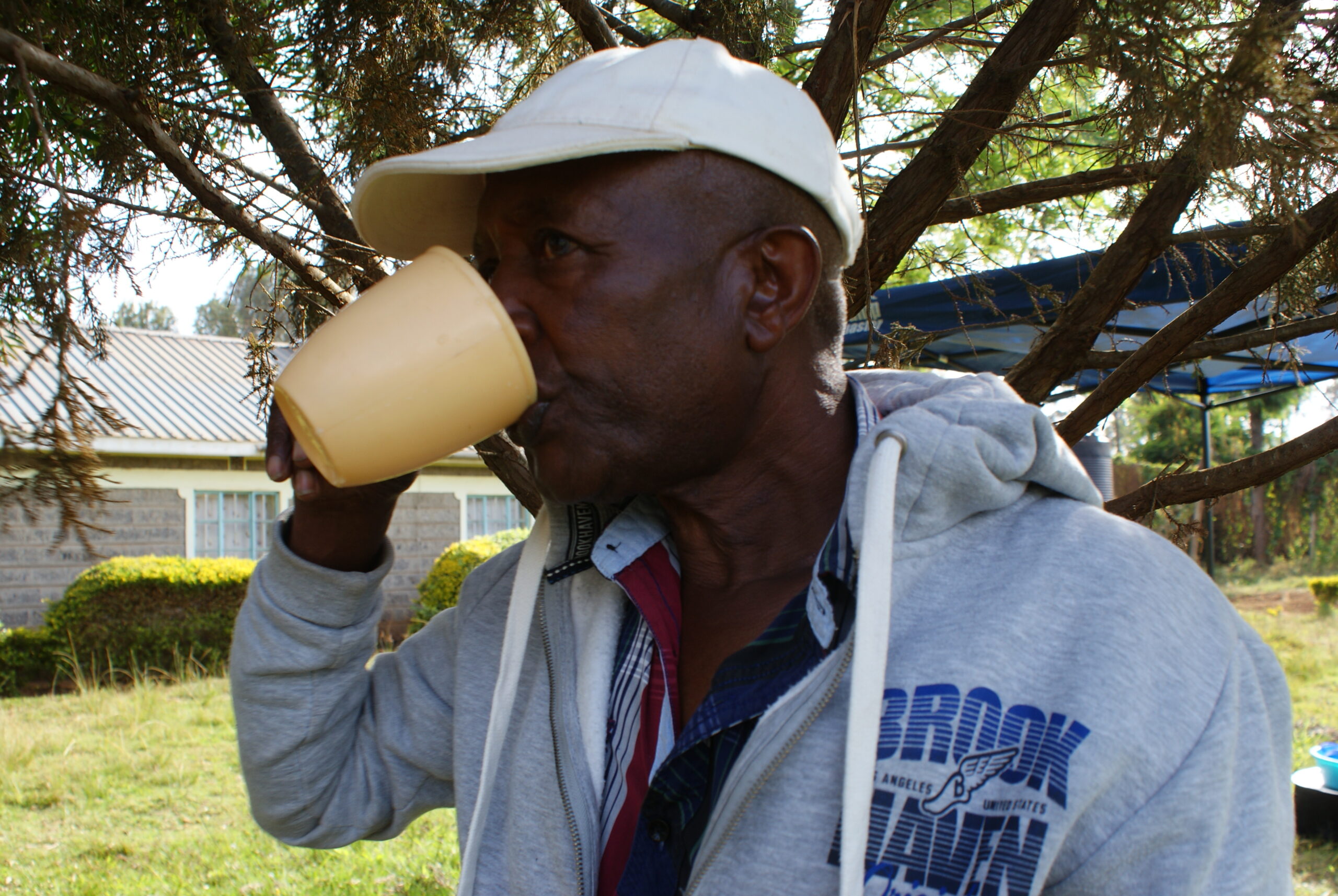
But Ann Maina, the national coordinator at BIBA-Kenya, said denying Kenyans the right to water forces a growing number of them to collect water from unclean sources, a situation that is escalating cholera outbreaks in parts of the country.
Yet these communities are the custodians of water sources, and they continue to take care of them through tree planting and ensuring vegetation along river courses is not encroached, upon to ensure the smooth flow of rivers throughout the year.
“I am feeling the pinch of paying high water bills myself because of the rising cost of living and increased fuel prices. Privatizing water services is a dangerous path that our country should not walk,” said Maina.
That dangerous path is not far from Ngirau’s home. At Ruiru dam in Kiambu county, just 56 kilometers away from the city center, tension is growing between locals and a private company that taps water from the facility.
According to Francis Muhoho, a lecturer at the University of Nairobi, the private company draws about 160,000 cubic meters of water from the dam every day, which it sells to Nairobi residents.
But the community around the dam, and even Kiambu county, where the dam sits, cannot access even a drop of water from the dam. Armed security officers guard the facility on a 24-hour watch, arresting anyone who attempts to fetch water from the dam.
“People have been arrested, others have died while trying to escape arrest as others have drowned in the dam because there is no fencing around it,” said Muhoho.
The community living around the dam is not taking this issue lightly, because another facility, the Ruiru dam 2, which was to be constructed by the government, has also been handed to a Japanese private company, he said.
Muhoho projects that conflict will escalate over the waters of the dam in the next few years if the facility is not handed to the Kiambu county infrastructure board to manage.
This is because the waters of the dam are declining every day due to encroachment of its source, the Lari swamp, by private companies and communities struggling with the pressures of climate change.
“We are not supposed to privatize a common good because water has no alternative. If we allow private players to come and extract more than they can afford, there will be a scarcity and many Kenyans will suffer,” said Muhoho.
The Conspiracy of water Privatization
The intrigues on water privatization are not only playing out in Ruiru dam but in other parts of Kenya as well, according to Maina of BIBA Kenya.
Ndakaini dam in central Kenya has fallen into the hands of private players, cartels in slums hawking water exploit residents with impunity, as traders plot with government officials to profit from water trucking by creating scarcity in water-stressed communities, she said.
While investigations by environmental rights groups have found corporate companies taking advantage of community water resources to service their processing systems, bottled water providers are over-extracting spring water sources.
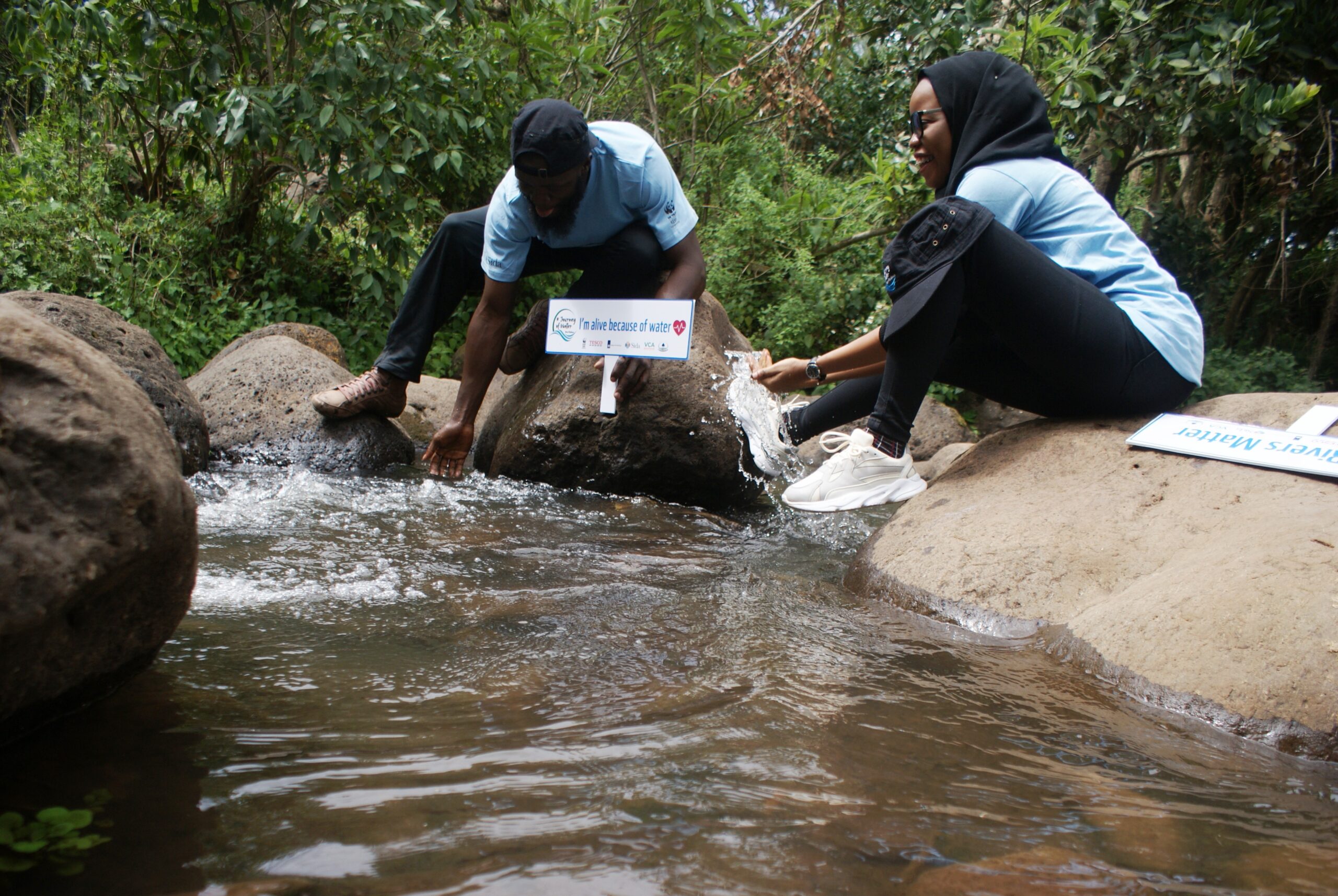
Neil Gupta, is the water campaign director at Corporate Accountability, an international civil society organization that has been exposing and challenging multinational and transnational companies behaving badly for over 40 years.
He defines water privatization as the transfer of ownership or control of a water system from a public entity to a private one, which is often a profit-driven corporation.
This can be done by the full sale of water infrastructure assets, a long-term lease, public-private partnerships, and the most recent heist in the form of private sector participation, or a friendlier way of saying corporate control said Gupta.
He warns governments that the privatization of essential services shifts the goal from ensuring universal access to maximizing profits for corporations and their shareholders, a situation that UN special rapporteurs on human rights have linked to widespread abuses.
“Privatization is all too often followed by unaffordable tariffs, service shut-offs to households unable to pay water bills, labour abuses, job cuts, and cost-cutting that can jeopardize public health and safety,” said Gupta.
Yet access to clean and safe water is a human right and an essential for all life, which the United Nations recognized more than a decade ago. Studies show that over two billion people in the world do not have enough safe water to meet their daily needs.
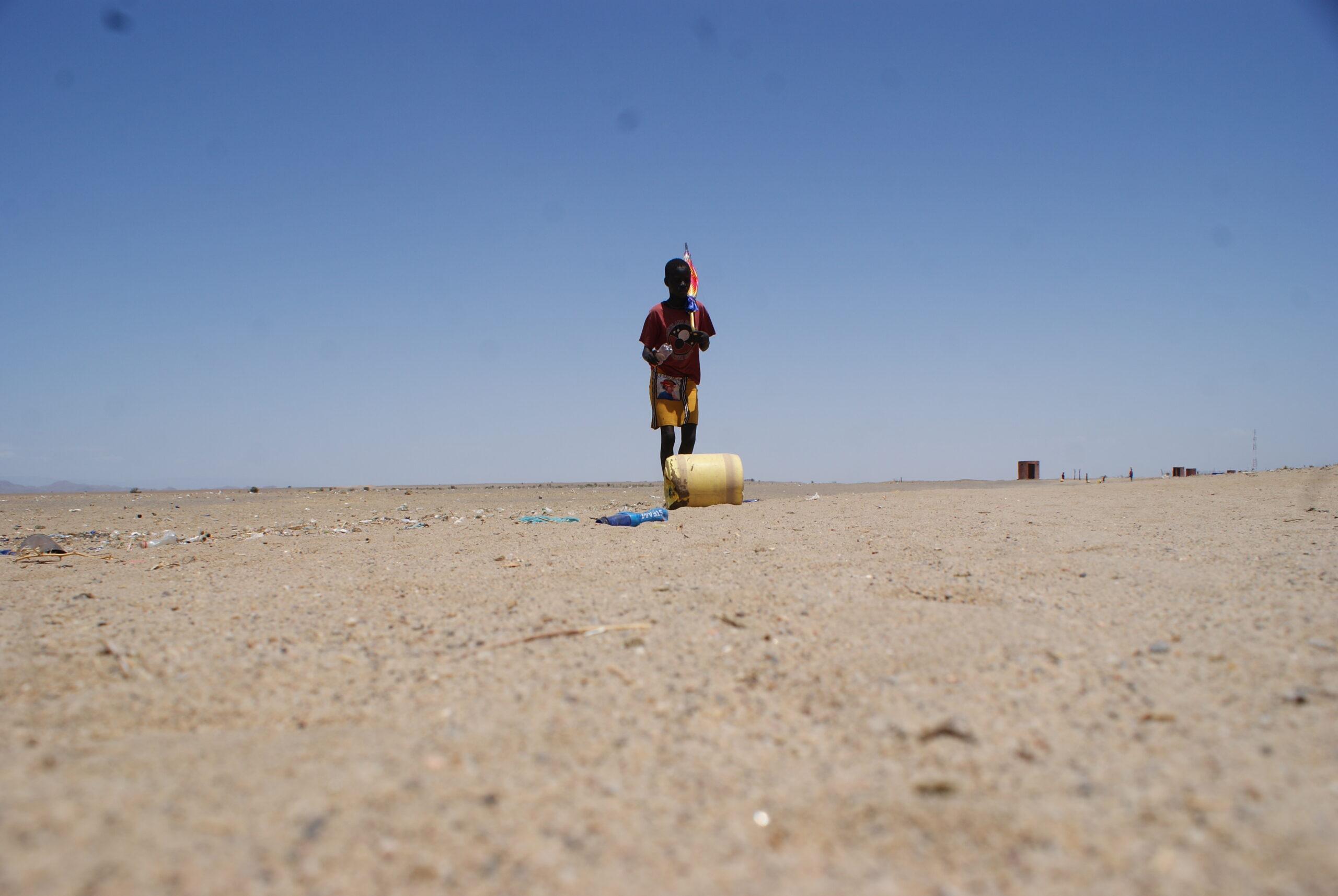
In Kenya, only 56% of the population has access to a clean water supply, leaving some 18 million people struggling to access clean and safe water, according to a study by the academic publisher, Scientific Research.
It lists Kenya as a water-stressed country with a per capita availability of below 1,000 cubic meters annually, where it adds that a country is water-stressed if the per capita water availability is below 1,700 cubic meters annually according to the Water Scarcity in Kenya: Current Status, Challenges and Future Solutions report.
The World-Wide Fund for Nature-Kenya (WWF-Kenya), estimated in a recent press release that the current per capita water supply in Kenya is projected to drop from 647 cubic metres per annum to 235 cubic meters by 2025.
The water privatization heist in Kenya and the rest of Africa is a money ticket that is tightly controlled by powerful companies in the global north, working with international financial institutions and private equity firms.
The Swiss multinational Nestle is one of the big players, but Gupta identifies France-based Suez and Veolia as the largest water privatization companies, which earlier this year merged into one of the biggest consolidations of corporate control over water in decades.
“As a result of this merger, Veolia will have far more resources to influence governments and expand its reach globally while Suez will be uniquely positioned for expansion into African and Asian countries,” said Gupta.
The World Bank, which is one of the financial institution pressure groups linked to the funding of water privatization systems in Africa, acknowledged in a 2005 report that: “The fact is the private provision of water services has proven problematic the world over, and especially in Africa.”
This was after a massive water privatization scheme it had supported in Tanzania fell apart just a few years into the contract with a British corporation.
The World Bank communications office has not responded to media queries about its alleged involvement in water privatization in the country.
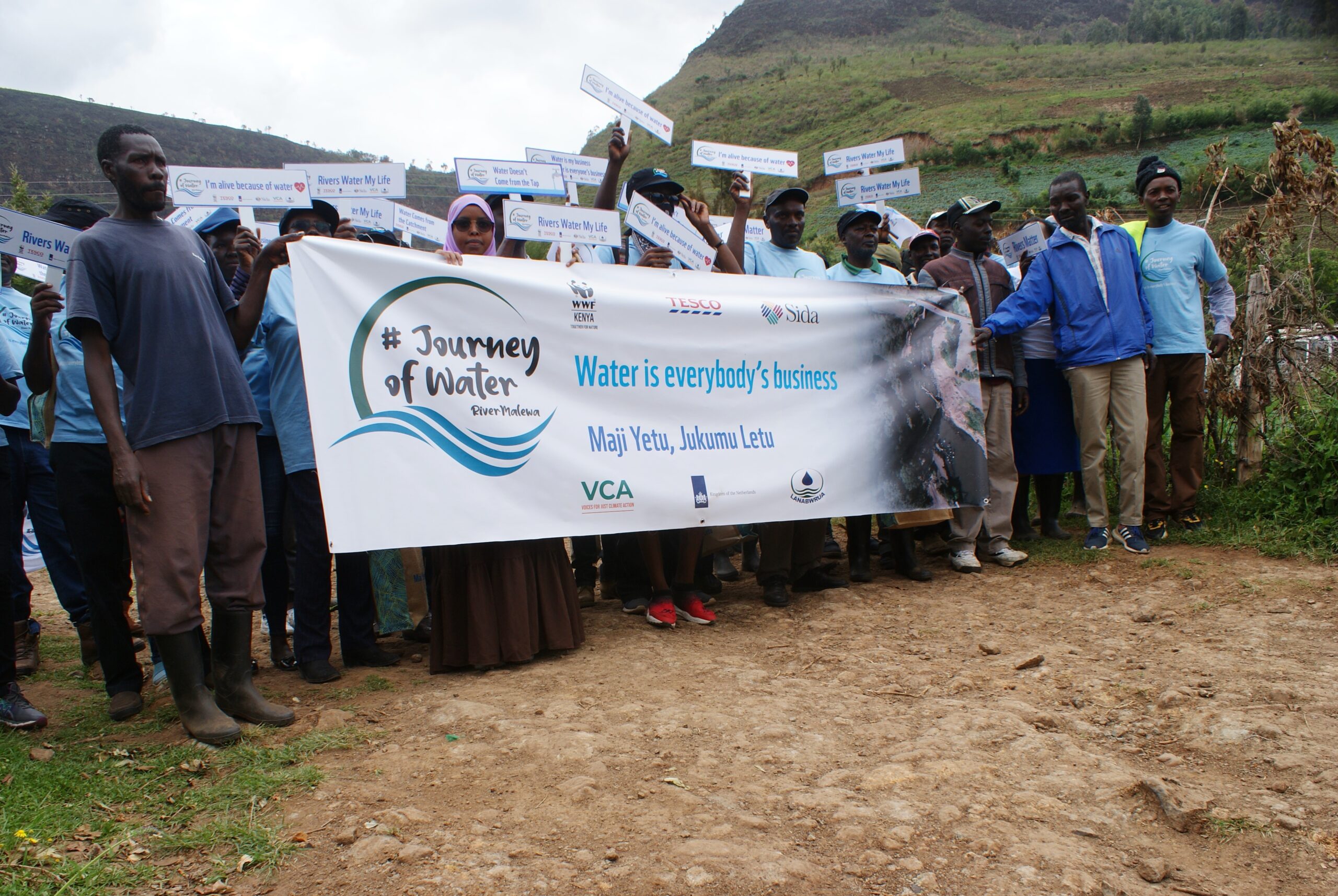
“Water is a public resource that is well protected by communities through conservation. If you bring private institutions to manage water then we have a problem because they are not interested in our declining water levels but profits,” said Violet Gatonye, a conservationist working with Kenya Wetlands Forum, an environmental pressure group.
Julia Kiruri, the principal hydrologist at Water Resource Management Authority (WRMA), a state agency, said the government of Kenya licenses private companies to distribute water to a growing population.
She however acknowledges that communities may have been left out during the water privatization process in the country.
“We cannot remove water companies from water resource management because that is the way the government works. We have to take care of the growing population in our cities,” said Kiruri.
Farmer Ngirau, the wetlands forum, and BIBA-Kenya, would like water systems to be given back to communities to manage.
One way this can be done is by the government taking back privatized water systems to ensure affordability and accessibility, according to Evelyne Aketch, the east, and west Africa sub-regional secretary at Public Services International (PSI).
Another is through public-community partnerships, where the government subsidizes water systems as local communities protect water sources from pollution and excessive abstraction, through conservation.
“In cases where communities are engaged in decisions about water solutions supported by public funding, these systems tend to run far better. As a fundamental human right, people should be able to access this service without being made to pay through the nose,” said Aketch.

